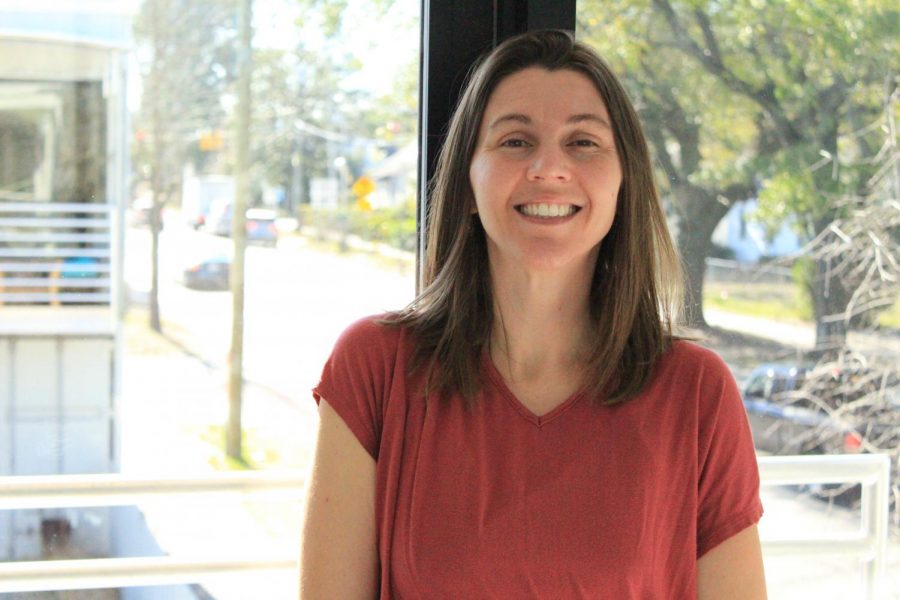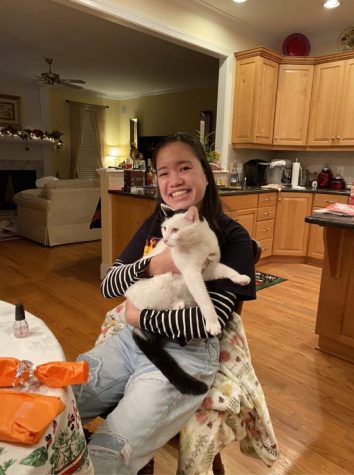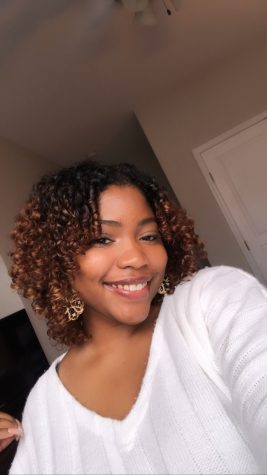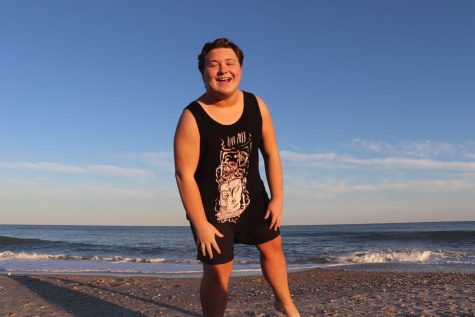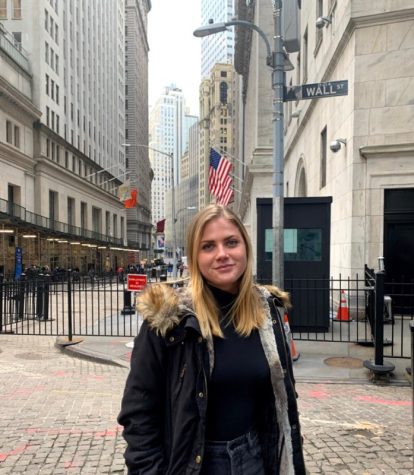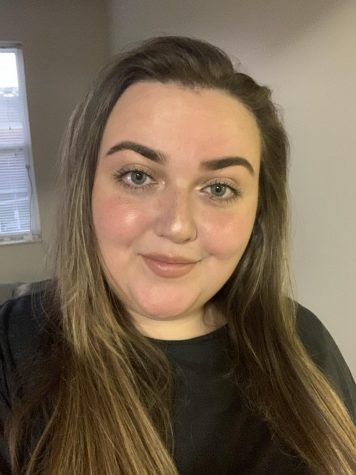Humans of the Dub: UNCW faculty / Journalism
So how long have you been teaching at UNCW? What subjects do you specifically teach?
Okay, so I think I’m in my fifth year teaching at UNCW, I started off teaching writing as strategic communication or strategic writing. It’s kind of changed names, but it’s COM 232. It’s a writing intensive course. So I started off teaching one section of that because it wasn’t always required. And then that turned into two sections. And now it’s three sections. And it’s a required course for the major now and it’s always full. I also teach freshman seminar UNI 101, and I’ve done that for four years now.
What would you say is some of the main things that you try to teach your students?
Good question. Because I always start my semester off or session off with my students by saying, you know, of course, this class is about writing and becoming better writers and better editors, but I also care about your professional development as a student, I want you to walk out being someone I would want to work with, being an intern, even, you someone to actually work with an employee. So in my class, I like to focus on the practice that best helps you become a better marketable professional person
So, college is not just about learning a subject and learning various material to be able to pass, but it’s also about being able to go out into the real world and be productive and contributing to society in a beneficial way?
Absolutely. And it should also be about bettering yourself as a person. You should be, in my opinion, using this four year experience, not just to get a particular grade in a particular class, and get a particular piece of paper that might help you get a particular job. This is an opportunity to experience more people and new people who you otherwise would not have met. It’s an opportunity to experience your campus community, but also your Wilmington community at large, and it is a thriving arts, music and entertainment community here in Wilmington.
I always encourage my students to go out and experience that too – particularly my freshman seminar students, because they’re just getting here. They’re just getting to know their community. They’re going to be introduced to all these different ways of learning, but also all these different ways of living. I definitely see this four year experience and seeing the time as being more than just classroom time. It’s more than just professional development, it’s personal life development.
What drove you to have a desire to talk to people and interview people about various topics and write about them?
Well, I think I’ve always been kind of a people person to some degree. I like to say that I’m not a people person. But I think at my core, I am because I enjoy talking to people and I enjoy listening to people. And I think that’s the most important part about my job. You have to really enjoy listening to people and their stories and enjoy sharing those stories with readers. And that’s what I really like about my job. I like getting to talk to a lot of different people. And then I like being able to share their story. And it makes me feel really good about the work that I do. When people come back to me and say “You really captured our conversation, you really captured our event, you really captured our organization.” I really love hearing that feedback from people. But I also love it when readers come up, you know, it comes out that I wrote a story or whenever this has happened – people will say “I read that story that you wrote about that comedian. And I came out to that show because of it.” And it’s little things like that, to know that the work that we’re doing here, it incites people to go out and do something that they wouldn’t have done otherwise. That makes me happy and makes me feel like what I do is a good thing for our community.
Do you have any last words concerning the field of journalism, why it’s important to society and why students in particular should be involved in it?
Well, again, we as a society should value independent journalism. That is what separates us from a lot of other societies. That’s what makes ours particularly great and special. And it’s the way that we as individuals and groups can also not only be informed but also continues to be critical thinkers when it comes to being an engaged citizen. That’s a big part of it, that that’s how I see journalism’s role in our day to day and bigger picture lives.
In terms of students, I just want them to understand that that’s how they could become better and more informed and engaged citizens – Is investing in local news. When I say investing I don’t just mean buy into it. I mean picking up that Independent newspaper read it, really going out and finding articles that back up something that was shared on social media. If you see a headline don’t just stop there, if you see a headline line that makes you go oh my gosh, then keep reading. Don’t just stop there.
I think that would be my final words for students when it comes to journalism. You know, at the very least engage with it. Read, read, watch, consume and do so smartly.



